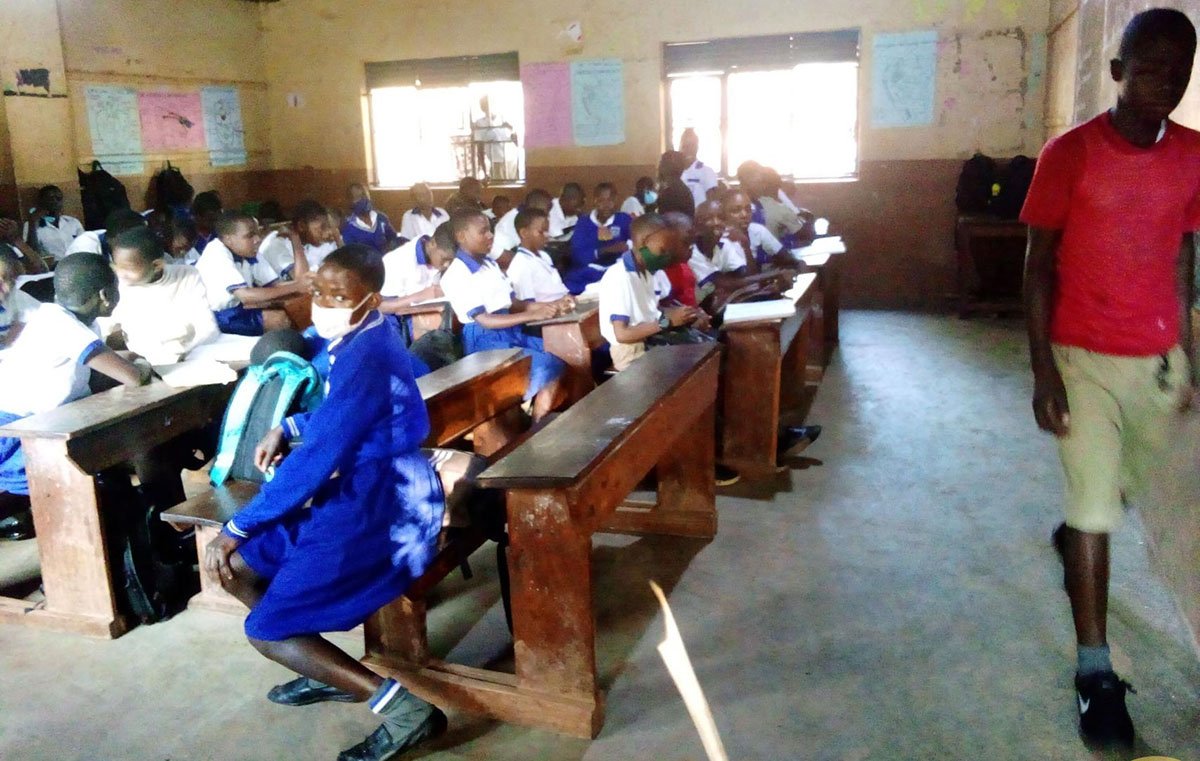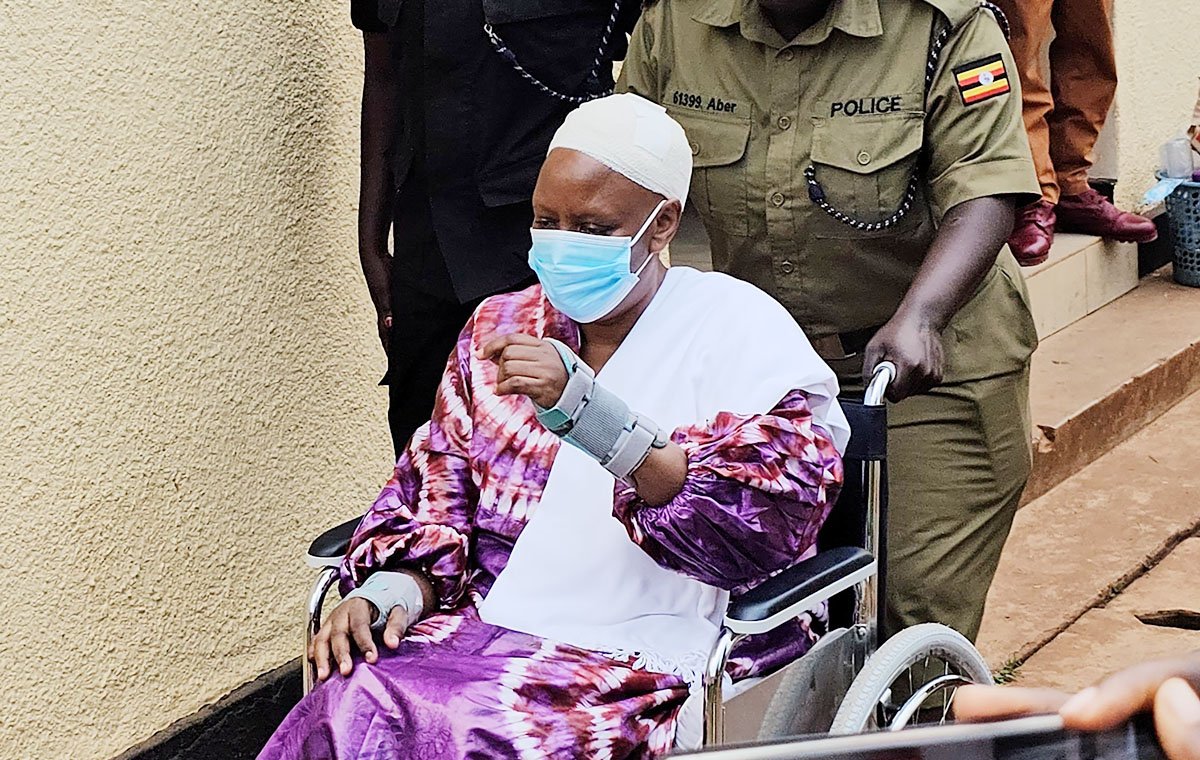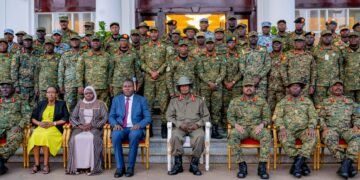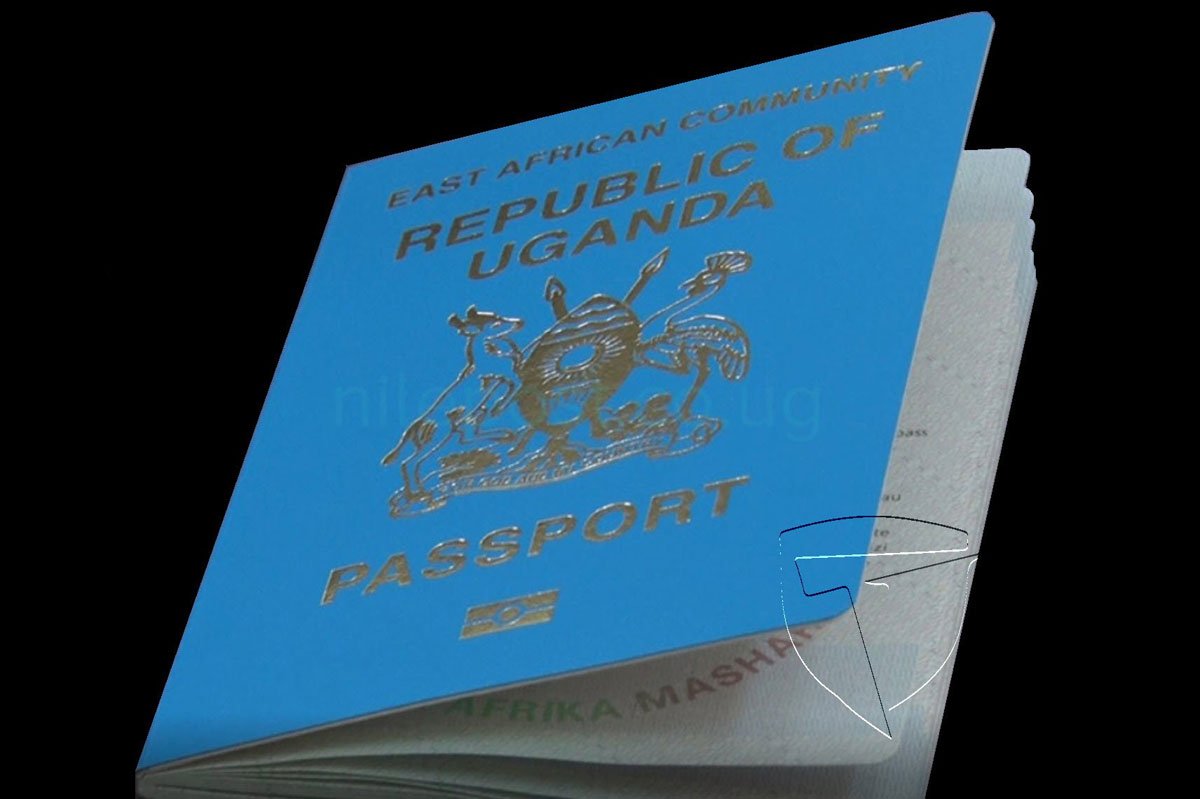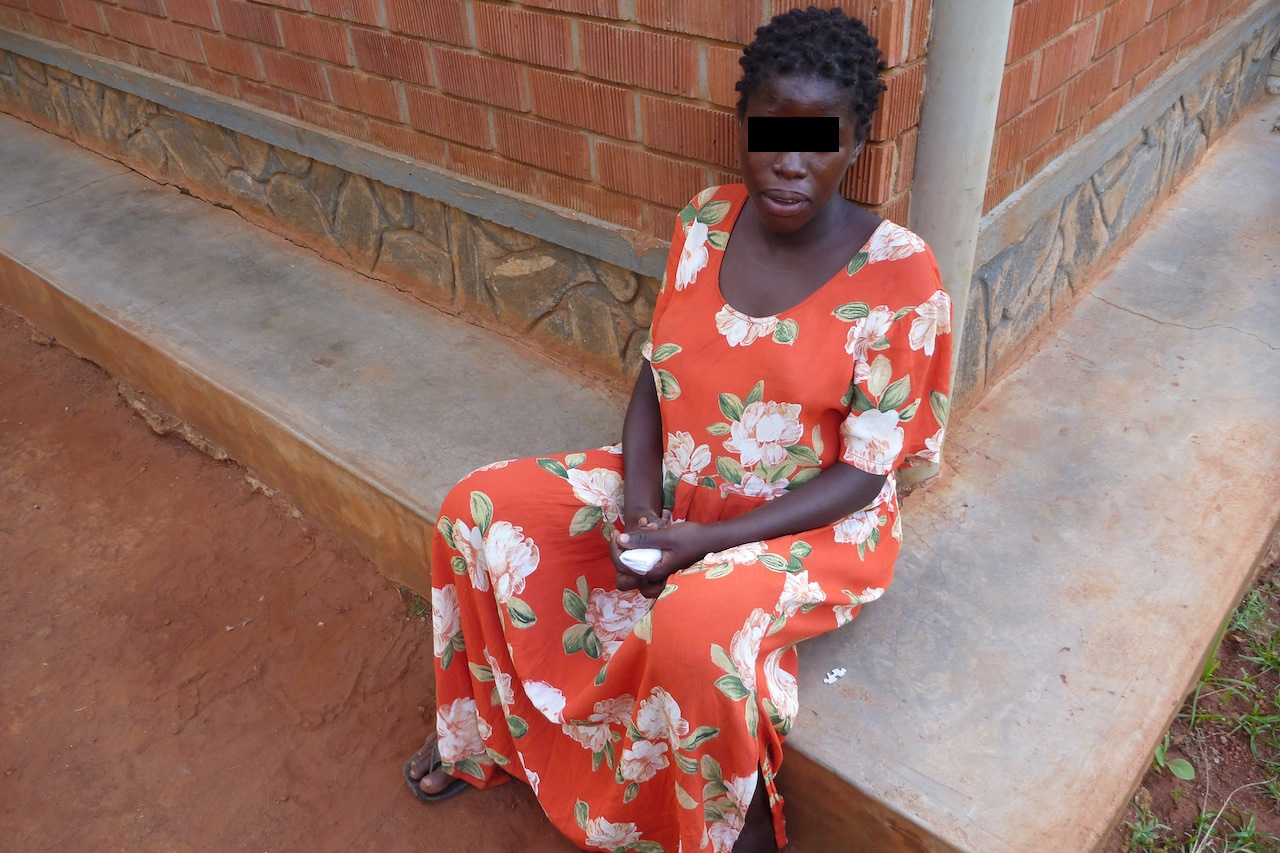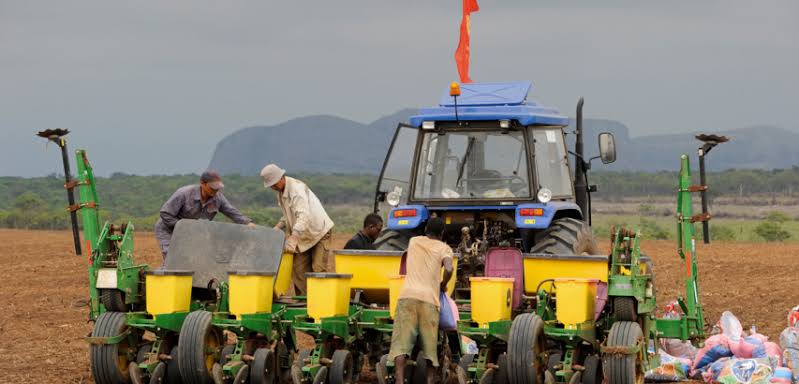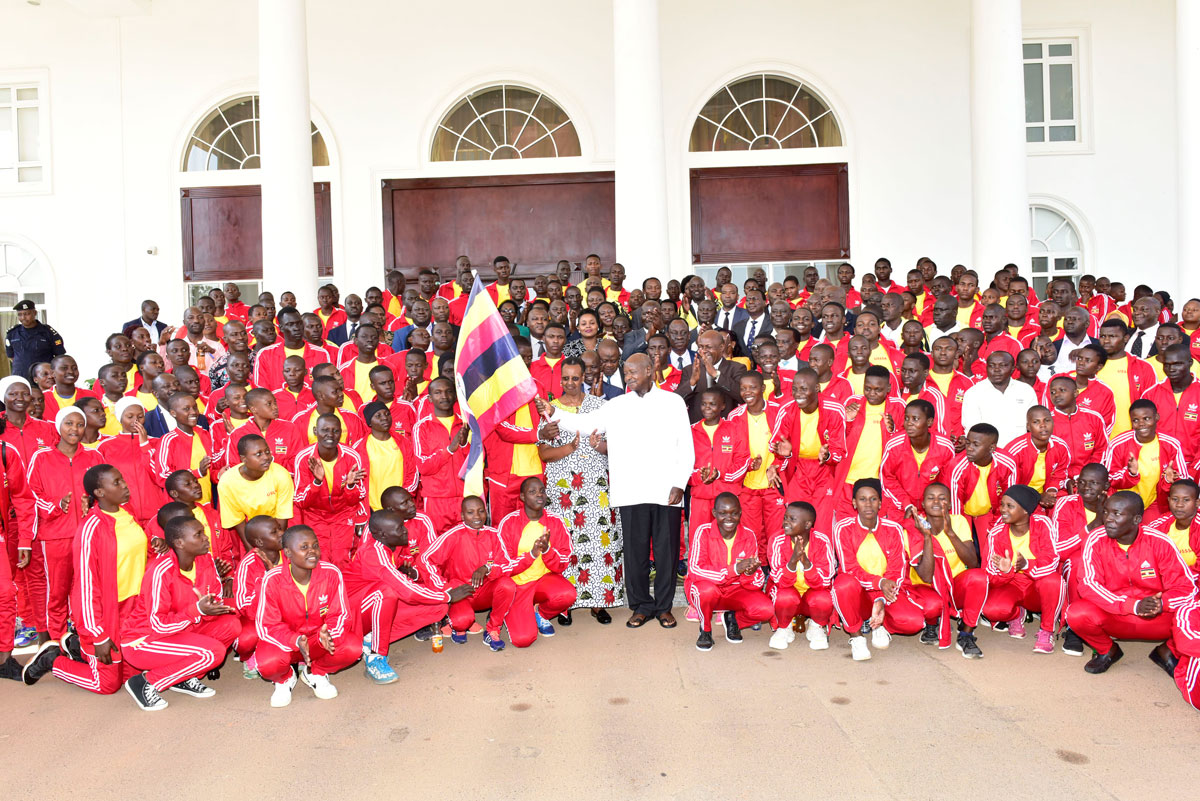Teachers under the Uganda National Teachers Union-UNATU have gone on strike.
The teachers declared a nationwide strike at all levels demanding equality and harmonization of the salary enhancement among teachers of different subjects, support staff, and school administrators.
The strike follows the government’s decision to increase the salaries of science teachers up to 4 million shillings and disregard the art teachers.
At many primary and secondary schools visited by Uganda Radio Network on Wednesday, there were no lessons taking place. In primary schools in Kampala and surrounding areas, some schools were open while others were closed.
Some learners could be seen playing in the school compound while the classrooms remained closed. The learners did not know that the teachers were on strike.
At St Martin’s Primary School Mulago, all the 21 teachers on the government payroll did not show up. The head teacher, Francis Girongo, says that the school is being run by seven private teachers.
According to Girongo, the school has been forced to reschedule midterm assessments since the seven teachers available cannot supervise them given the fact that every class has an average of three streams.
At St Joseph Primary School in Nansana Municipality, Wakiso District, some teachers snubbed the strike and were seen teaching while others did not enter the classrooms.
Jacob Kiyimba, one of the teachers told URN that they will continue reporting to the school but will not teach learners.
Andrew Mugaya, a teacher says that UNATU leaders are fond of calling for strikes but later meet with the government officials and make deals that only benefit them as individuals. He says, for this reason, he and some other teachers do not want to take part in the strike.
In Greater Masaka, learners reported empty classrooms after their teachers failed to show up. At Nyendo Public Primary in Masaka City, out of the 14 teachers on the government payroll, only four had reported.
Francis Ssematimba, the UNATU Chairperson for Masaka City says that they asked all the teachers to keep away from schools.
“We delivered our letters to all the relevant local authorities and we presume that they are aware of the industrial action,” he says.
Mathias Male, the UNATU Chairperson in Sembabule District says his office is also delivering letters to the local authorities communicating the industrial action. He says that they don’t expect teachers to be coerced to teach before a compromise is reached with the government.
In Luwero town, there were mixed reactions to the strike. Some teachers were seen in classes while others opted to stay away. At Luwero Girls’ Primary School, only three out of 13 teachers turned up.
Aidah Ssebigajju the Headteacher of Luwero Girls Primary School says that she has since resolved to attend to some learners until the strike ends.
“The strike has already affected us but I can’t close the school. The learners are in classes and am trying to engage some of them as we monitor the strike” Ssebigajju said.
At North Road Primary School in Mbale City, one of the schools with the biggest enrollment, the 3,000 learners spent the morning seated in classrooms with no teachers in sight.
The school Headteacher Michael Wangwe said that out of the 48 teachers, 21 turned up, but did not teach. Wangwe said that he has decided to distribute learning materials to keep the pupils busy.
In Karamoja region, the learners were turned away by the teachers. Our reporter who visited some of the schools in Moroto Municipality found the teachers relaxing in their staff houses while some pupils were seen playing in the school compound.
At Kampala High School, some classes were empty while others had lessons going on. Salim Maude, the Director of Studies said that the science teachers were in but their arts counterparts had not reported to the school.
At Soroti Secondary School in Soroti City, some teachers reported for duty because they were not aware of the strike. Betty Iyogil, a teacher of Religious Education says she would not have turned up for classes if she had received the communication from UNATU early.
Some learners that URN spoke with expressed confusion and dissatisfaction about the strike.
One of the learners at Ntinda Primary School says they did not know that teachers would not teach today.
“We did not know. I walked from home to come to school but when I reached here, the classrooms were closed and the teachers were not there. So we decided to play as we wait for them,” a primary six pupil said.
At Namugongo Boys Primary School, some pupils were found doing peer teaching amongst themselves. Eria Isborn, a P5 pupil at the school says he was disappointed to find no teacher yet he had come to attend classes.
Mika Echiku, a student at Soroti Secondary School is hopeful that the teachers will reconsider their decision because they have missed a lot during the Covid-19 lockdown.
In Fort Portal, teachers could be seen teaching but school administrators warned that if nothing changes, they will not report to class on Thursday.
George Mwesige a teacher at Kyebambe Primary School says that teachers are attending to learners because they could not send them back home.
Fred Damba, the Entebbe UNATU Branch Chairperson asked parents not to send their children to school on Thursday.
On Tuesday, the Ministry of Education and Sports appealed to UNATU to suspend the industrial action to ensure that the teaching-learning process is not disrupted. Ministry officials noted that there are other avenues through, which the government and teachers can address the matter.
This is not the first time that teachers under UNATU have laid down their tools over salary enhancements. In 2011, they organized a sit-down strike requesting a 100 percent salary increment.
Other requests included an increase in the science allowance, an increase in capitation awards, and the delivery of the data on time.
The then Prime Minister Amama Mbabazi pledged a progressive increase over three financial years. That year, the government committed to meet half of the requests but failed to lead to additional industrial action.
Later, the government pledged a three-phased salary rise for the next three fiscal years. 15 percent, 20 percent, and 15 percent would be the three installments of the increase.
The first phase was paid in the 2012/13 Financial Year and science teachers in post-primary education and training institutions received a 30 percent increase.
However, because the money was not included in the 2013/14 budget year, the government defaulted on the 20%, which led to a strike in August 2013, with the government claiming there was no money.
UNATU which maintains it is still open to talks with the government has also drafted a pay increase plan for all teachers and other employees.
According to their demands, secondary school head teachers should receive 10 Million Shillings, and primary school head teachers 4.5 million.
The union is also pushing the government to pay 4.8 million Shillings to graduate science teachers and 4.5 million shillings to those teaching arts and humanities.
They are also advocating for a Shillings 1.35 million minimum wage for primary school teachers.


